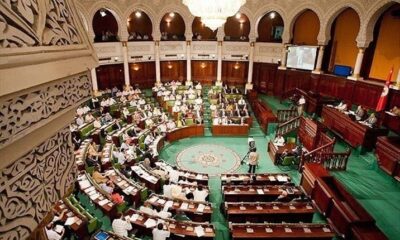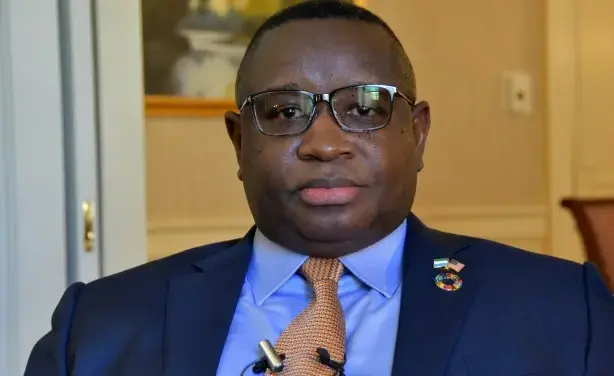The Egyptian Authorities have asked Libya to extradite the most wanted terrorist Hisham Ashmawy to stand for trial, Al-Arabiya T.V. reported on Monday.
Former Egyptian Commandos officer, who was terminated after being involved in several terrorist attacks, Hesham Ashmawy, was arrested on Monday, October 8 in Derna, Libya.
A statement released by Libyan security forces affirmed that Ashmawy was arrested alive.
Ashmawi or Abu Omar al-Muhajir is a former officer in the Egyptian Commandos; he received advanced training on special operation tasks in the United States’main training institutes.
Ashmawi turned militant and became the operations engineer of the country’s most active jihadist group, AnsarBeit Al-Maqdis(ABM), and in charge of the most important qualitative operations carried out in Sinai, Cairo and Al-Farafra oasis to deserve the title of the most dangerous wanted person in Egypt.
Ashmawy was born in 1978, and graduated in 2000 from the military academy, where he was a distinguished officer and joined the Special Forces Unit. He served in Sinai for 10 years and witnessed the bombings of Taba, Sharm El-Sheikh and Dahab.
The turning point in Ashmawy’s life was in 2005 when his father, Ali Ashmawy, passed away, which affected Ashmawy’s physiological health.
During this period terrorist groups started to attract and recruit young people in mosques, and Ashmawy started to attend their sessions. The Armed Forces warned Ashmawy for the first time in 2006 and he was interrogated, but he confirmed his commitment to the military principles.
However, Ashmawy continued to promote for political Islam through spreading banned books.
In 2007, a military court transferred Ashmawy to an administrative post and then referred him to retirement in 2009. He was completely expelled from the army in 2012 as he travelled to Syria twice through Turkey.
In 2013, Ashmawy moved to Sinai where he became in charge of the military wing of AnsarBeitAl-Maqdis. He started to develop the performance of the group and improve their militancy skills.
After June 30 revolution, he participated in the Raba’a sit-in where he recruited a large number of youth to implement terrorist operations against the Egyptian army and police.
A year later, Ashmawy emerged as a key operative, heading a cell that taught fighters how to carry out suicide bombing missions, assemble roadside bombs and shoot soldiers.
Since the failed assassination attempt of former Interior Minister Mohammed Ibrahim in May 2013, Ashmawy was linked to a large number of terrorist attacks that were carried out by AnsarBeitAl-Maqdis, whether through planning or implementation.
Read also: Rwanda frees jailed opposition leader Ingabire
The most prominent operations conducted by Ashmawy included the attack on the military intelligence headquarters in Ismailia in October 2013, the bombing of the Security Directorate of Al-Dakahlia in December 2013, the bombing of Cairo Security Directorate in January 2014, the attack on a military unit in Farafra oasis in the Western Desert in July 2014, and the attack on the Armed Forces in Karm Al-Qawadis inSinai in October 2014.
Ashmawy was injured during the Farafra operation and was transported to Libya where he received treatment, as he has close relations with Al-Qaeda-affiliate Ansar Al-Sharia in Derna, Libya.
In July 2015, Ashmawy announced in a statement that he became the emir of Al-Murabitun group, stressing his affiliation to Al-Qeada, which is another turning point in Ashmawy’s life.
After AnsarBeit Al-Maqdis announced in November 2014 its allegiance to the Islamic State (ISIS), Ashmawy refused to pledge allegiance to ISIS. He remained loyal to Al-Qaeda which cut off its supply to the Egyptian group. In response, Al-Qaeda provided Ashmawy with weapons and training camps in Libya as a prelude to carry out more operations in Egypt.
After the split, Ashmawy was accused of carrying out a number of terrorist attacks, most prominentlythe assassination of Public Prosecutor HishamBarakat in July 2015.






































